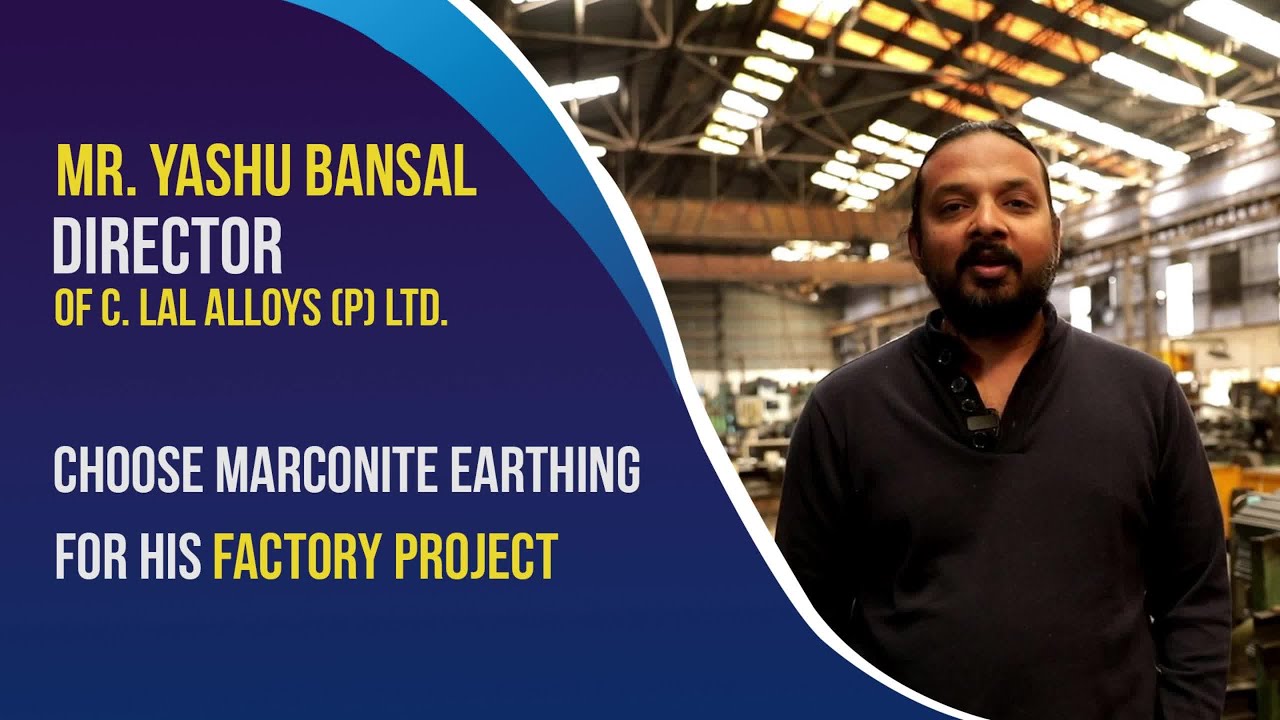Understanding Earthing in Solar Plant Installation
Earthing or grounding in solar power plants is a critical aspect that must be addressed with utmost care.
Earthing involves safely redirecting electrical energy into the earth through a dedicated wire. It serves both safety and functional purposes in solar installations. Also known as a grounding system, it connects electrical circuits to the ground, offering protection against lightning, ensuring personal safety, safeguarding property, and facilitating potential grading. This system effectively prevents contact with dangerous voltages or objects.
Solar power plants, utilizing photovoltaic power systems for decades, generate significant currents. Many of these plants incorporate electronic devices that require expert design and installation. The performance of these electronic components relies heavily on the effectiveness of their grounding/earthing techniques, which include proper earthing drawing and design.

How Do Solar Power Plants Work?
Solar panels use solar energy to produce heat that can generate electricity. Solar power plants convert sunlight into electricity using photovoltaics. Most solar panels use silicon-based semiconductor materials that generate electrons when hit by direct sunlight. These electrons thereby produce an electrical current.
Why Earthing or Grounding for Solar Plant?
Solar installations require earthing according to international safety standards.
- A lightning conductor system surrounds them.
- Solar panels have built-in transformers that set up the voltage generated through solar power plants. Due to their designs, they are more prone to shocks. In case you require earthing for a PV solar power system, you need the following elements like an earth cable, an earthing joint, and an earth plate.
- To protect the workers around the solar power plants.
- To keep solar power plants in check at regular intervals.
- A grounding path will easily avoid any electrical fault and would not pose a threat to system stability.
- Better functionality of devices.
Marconite – A Permanent, Low-Resistance, & Stable Earthing Solution For 50 Years
Marconite Earthing, or grounding, enhances the effectiveness of earthing electrodes and is a specialised substance designed for anti-static and electrical earthing.
Marconite uses raw materials that go through a specialised manufacturing process and are further used for thermal treatments. It is a perfect earthing solution that is handled by professionals, catering to the requirements of chemical earthing. Marconite is easy to form, cost-effective, and can be used in any part of the building structure. It’s a premium quality electrically conductive material used in earthing applications.
Marconite is a safe and effective solution for earthing or grounding and has no harmful effects associated with chemical earthing. It is low resistant and uses several chemicals like charcoal, and bentonite that impacts the subsoil and is easy to use. You can use it for every soil condition due to its versatile performance. Marconite is a sustainable earthing system that is safe for everyone to use earthing in solar. It does not require water for maintenance.
Some of the applications of Marconite include:
- Anti-static applications
- Power generation, transmission
- Defence equipment & facilities
- Telecommunications and media
- Rail, transport networks, and underground transport
- Oil and gas production
- Lightning arrestor for earthing
- Distribution facilities and more
Improper earthing or grounding can pose serious risks, potentially causing electrical damage and harm to thousands of people. It’s crucial to prioritize high-quality earthing systems to mitigate the dangers associated with poor-quality grounding practices.
Recent Project

Intertech recently completed the installation of 4000 Marconite Earth
Electrode for a 1.3 GW Solar Plant for Avaada Energy Pvt Ltd,
Noida





